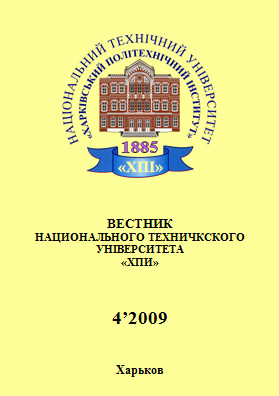Использование предикатных категорий для представления информации в документах
DOI:
https://doi.org/10.20998/%25xAbstract
В статье предлагается модель представления знаний, основанная на использовании предикатных категорий и алгебры конечных предикатов. Сделаны выводы о том, что теория категорий и ее предикатная интерпретация позволяют описывать процессы формирования множества знаний в базах знаний логического типа.References
Бондаренко М. Ф., Шабанов-Кушнаренко Ю. П. Теория интеллекта: Учебник. – Харьков: ООО «Компания СМИТ», 2006. – 576 с.
Шабанов-Кушнаренко Ю. П., Шаронова Н. В. Компараторная идентификация лингвистических объектов: Монография. – Киев: Изд-во Ин-та системных иссл. образования Украины, 1993.– 116 с.
О модифицированных категориях / М. Ф. Бондаренко, З. В. Дударь, А. А. Іванилов, В. В. Маникин, Ю. П. Шабанов- Кушнаренко // Радиоэлектроника и информатика. 2005. № 1, с 87-99.
Першиков В. И. Толковый словарь по информатике: Свыше 10 000 терминов/ В. И. Першиков, В. М. Савинков; рец. Л. Д. Райков. – М.: Финансы и статистика, 1995.-543 с.
Downloads
How to Cite
Issue
Section
License
Copyright (c) 2017 Bulletin of NTU “Kharkiv Polytechnic Institute”. Series: System Analysis, Control and Information TechnologiesAuthors who publish with this journal agree to the following terms:
- Authors retain copyright and grant the journal right of first publication with the work simultaneously licensed under a Creative Commons Attribution License that allows others to share the work with an acknowledgement of the work's authorship and initial publication in this journal.
- Authors are able to enter into separate, additional contractual arrangements for the non-exclusive distribution of the journal's published version of the work (e.g., post it to an institutional repository or publish it in a book), with an acknowledgement of its initial publication in this journal.
- Authors are permitted and encouraged to post their work online (e.g., in institutional repositories or on their website) prior to and during the submission process, as it can lead to productive exchanges, as well as earlier and greater citation of published work (See The Effect of Open Access).

